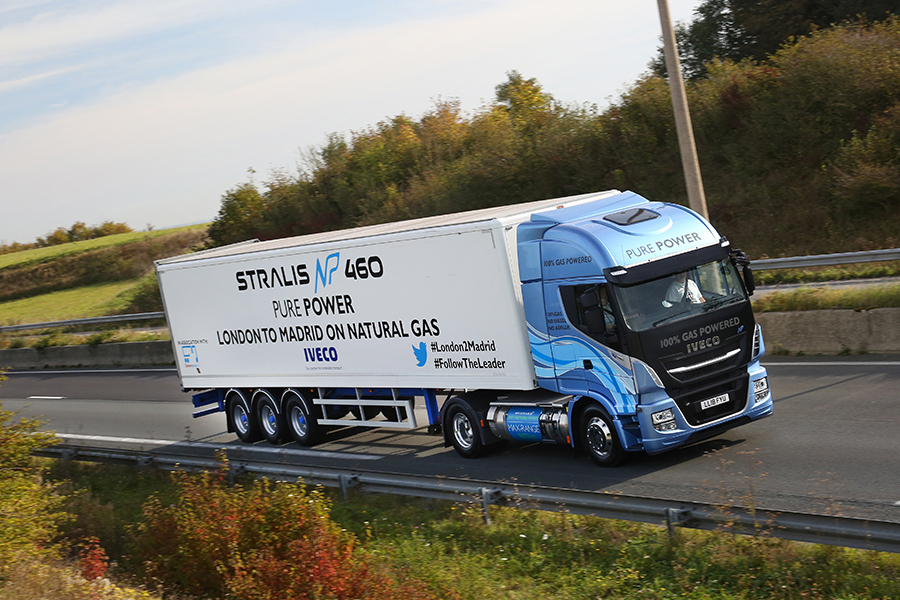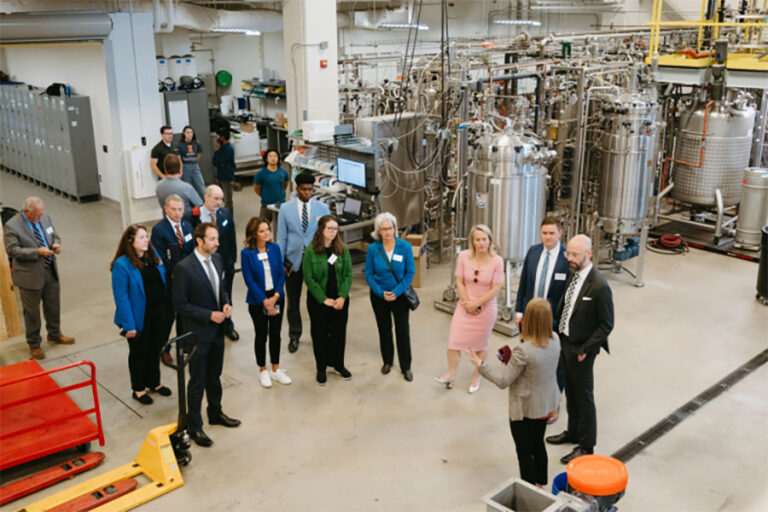More than 20 years after capital goods giant CNH Industrial launched its first trucks and buses powered by natural gas, the technology is breaking out of its niche markets and poised to dominate the mainstream.
“Gas is no longer an alternative for the future,” says Annalisa Stupenengo, president of CNH Industrial’s Powertrain segment—represented on the market by the FPT Industrial brand— and an inspirational role model for the few women in the industry. “It is an alternative fuel that is available now.”

“Gas can deliver the same level of performance as a traditional diesel engine, but with lower Total Cost of Ownership (TCO) and much lower emissions.”
Stupenengo started her career to the top of the industry in 1996, when she joined the purchasing department of Fiat Group. In recent years, her ability to confront stereotypes head-on and to challenge accepted ways of thinking in a male-dominated industry has helped position CNH Industrial as a global pioneer in alternative powertrain technology.
“Being a woman in an environment where women are uncommon can help you think outside the box,” she says. “It can help produce lateral thinking that considers some aspects of the world picture that other people may not be looking at.”

That lateral thinking has been quick to generate results. Initially confined to buses and refuse collection, demand for CNH Industrial’s gas-powered vehicles is soaring across sectors ranging from farmers to construction companies to long-distance truck businesses.
Powered by Stupenengo’s determination to break down barriers, the company now has its eyes set on the final frontier in alternative fuels: hydrogen fuel cells. “We think hydrogen is the long-term solution,” Stupenengo says. “It is the cleanest fuel possible.”![]()
As published in TIME magazine









